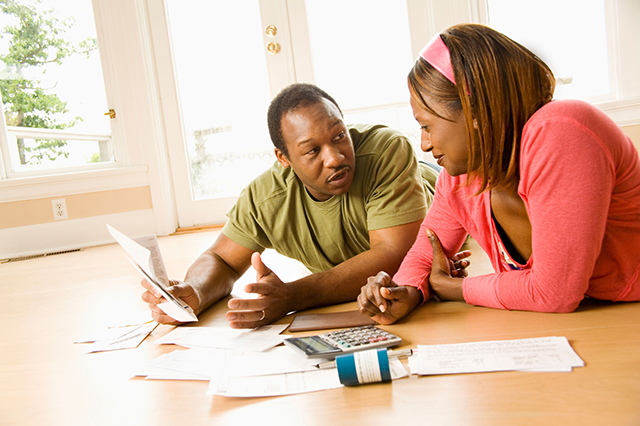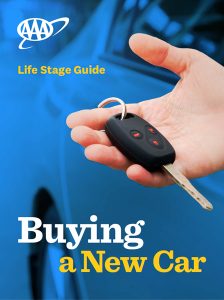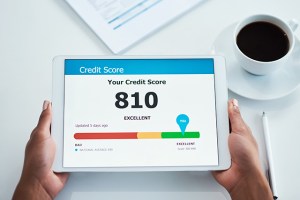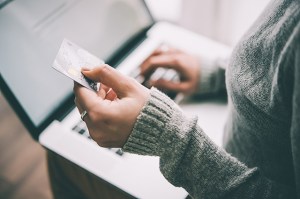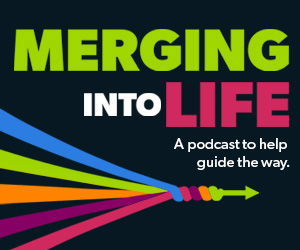There are a lot of benefits to using your credit card — consumer protections, reward programs and convenience, to name a few. While it may be tempting to use your credit card for just about everything, think twice before doing so.
Here are 8 things you should never use your credit card for.
Buying a car
While it’s technically possible to use your credit card to pay for a portion of your new or used car, it’s often not a wise decision. Interest rates on car loans are usually much lower than interest rates on credit cards, which means you will spend more in the long run when using plastic. There is one situation where paying for a car on plastic makes sense — if you already have the money, but you use your credit card to earn incentives. This only works if you pay off your balance in full at the end of your billing cycle.
College tuition
The cost of higher education has skyrocketed in recent years, but using your credit card is one of the worst ways to pay for it. This huge expenditure should be planned for well in advance. Start by filling out the Free Application for Student Aid or FAFSA, which will enable you to apply for various grants and scholarships. If you don’t have the money to pay for the remainder of your tuition bills out of pocket, set up a payment plan with the school, or apply for student loans. The best part? Interest paid on student loans are tax deductible.
Coffee
Using your credit card to buy small indulgences is a great way to send your balance sky-high without even realizing it. One cappuccino may not seem like much, but credit is so easy to use, that before long, one turns into a dozen. Instead of using plastic for these little treats, give yourself a cash allowance each week. You’ll be much happier at the end of the month.
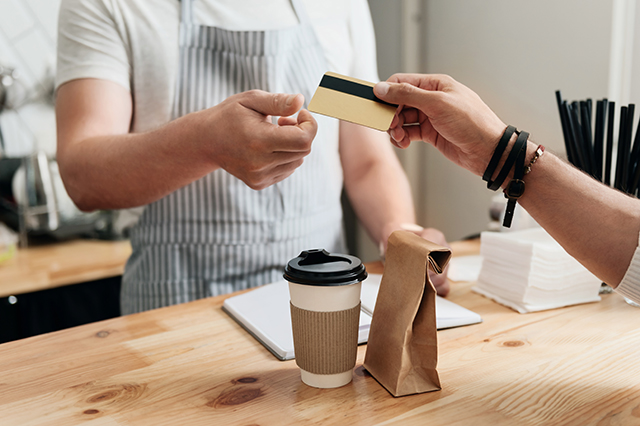
Cash advances
A cash advance is a loan you can borrow against your credit card when you’re short on cash. As tempting as it may be, taking a cash advance should be reserved for true emergencies. The fees and interest rates on cash advances are much higher than on regular purchases, and cash advances don’t come with the grace period that purchases come with. Interest will start accruing on your loan the moment you leave the ATM machine.
Medical bills
If you have large medical bills, and let’s face it — they’re all large, don’t even consider trying to pay them off with your credit card. Because medical emergencies are stressful enough, institutions are fairly lenient when it comes to paying your bills. Most will be happy to work with you to set up long-term payment plans at a very low interest rates. Credit card companies are not interested in any stories of woe or hardship, and if you can’t pay off your balance at the end of the month, you can expect to be slapped with hefty interest rates.
Income taxes
The IRS imposes a transaction fee for credit card payments. The fees range from two to three percent, which is usually much higher than what you would stand to gain in rewards points. If you don’t pay off your credit card balance at the end of the month, your out-of-pocket expenses could be double your initial tax bill. Instead of using plastic, budget for your tax bill throughout the year, and send a check to the IRS.
Business start-up fees
Using a credit card to finance your business start-up fees is risky business indeed. For one thing, credit cards carry much higher interest rates than small business loans. You should also consider the personal guarantee you make when you get a credit card. While nobody expects their new business to fail, if it does, you could lose a lot more than your start-up costs. Using credit cards makes it so much easier to spend beyond your budget, and if you start your business with huge debts, you put the success of your company at risk.
Unreliable websites
How do you know that a website is trustworthy enough to safeguard your personal information? While you can never be 100% sure, there are a few things to consider. First, only do business with a URL that starts with “https.” If the URL begins with “http,” it isn’t secure. You should also be wary of websites with obscure extensions, or any company with suspicious wording in their web copy.
Your credit card is an incredibly useful tool to have on hand, but if used inappropriately, you could wind up in serious debt. When you learn how to use your credit card wisely, you are taking the first step toward becoming a savvy consumer.
Do you have a cautionary tale about credit card use to share with our readers? Let us know in the comments section below.



